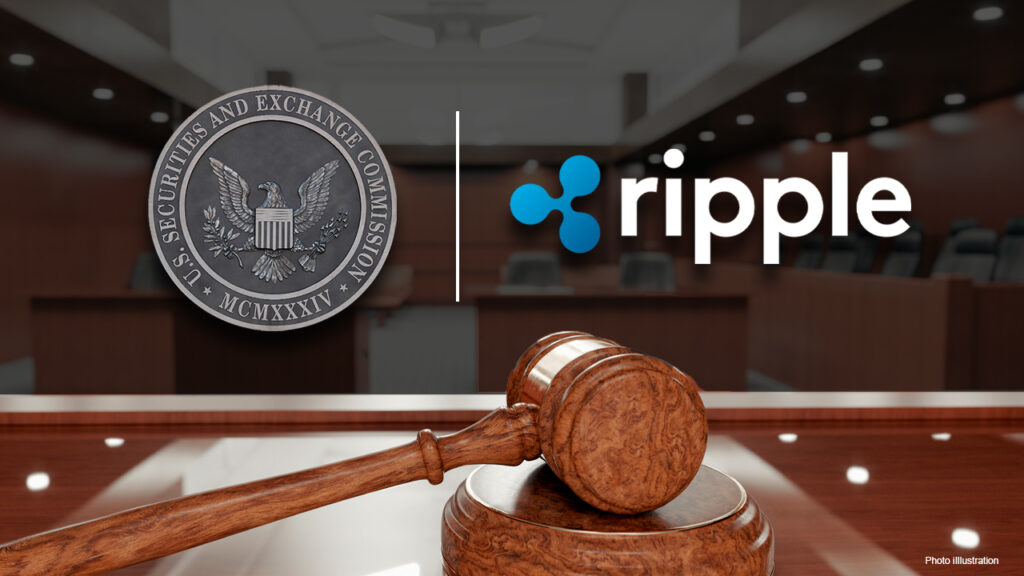Pro-XRP lawyer debunks FUD around Ripple’s ODL sales amid latest SEC case filing, stating that they do not negatively impact XRP’s price.

Ripple has filed a reply letter in support of its Motion to Seal documents related to the SEC’s Motion for Judgment and Remedies.
This filing has generated considerable discourse, particularly among proponents of XRP.
In a recent post, pro-XRP attorney Bill Morgan elaborated on the FUD (Fear, Uncertainty, and Doubt) surrounding XRP ODL sales, strengthening Ripple’s position in the ongoing lawsuit.
Pro-XRP Lawyer Debunks FUD On Ripple’s XRP ODL Sales
Ripple’s legal team responded to Judge Analisa Torres on May 29 to refute the arguments put forth by the SEC in its motion for judgment.
In its response, Ripple emphasized that the SEC’s arguments regarding the company’s financial health were inconsequential in the court’s assessment of appropriate remedies.
Furthermore, the firm underscored the importance of not considering its financial condition when the court renders its decision, noting that it has never challenged its capacity to remit any potential penalty.
Amid this, pro-XRP attorney Bill Morgan debunked the FUD surrounding Ripple’s XRP sales to ODL consumers via social media.
He noted that Ripple does not provide ODL customers with price reductions.
Significantly, Morgan emphasized the update, contending that the court deemed it an essential determinant in classifying over-the-counter contracts as investment contracts.
Morgan further contended that this fact refutes claims that Ripple’s sales to ODL customers have a negative impact on XRP’s price.
Additionally, Morgan emphasized that the claim that Ripple is unloading on retail investors is unfounded, given that ODL sales have no impact whatsoever on the price of XRP.
Reiterating that he has previously presented several arguments disproving the veracity of these assertions, he lamented the persistence of such false information.
A Closer Look Into The Development
In its most recent filing, Ripple affirmed that the SEC should not have access to its sensitive financial records, which are absent substantive justification.
The company highlighted the potential superfluousness of disclosing said information should the court opt not to consider the allegedly pivotal facts presented by the SEC.
Notably, Ripple maintained that a valid, generally accepted rationale supports its decision to conceal its confidential financial information.
Moreover, Ripple contested the SEC’s claim that its past contracts are no longer applicable.
The company that the provisions of its previous agreements are proprietary and that future counterparties might unjustly gain an advantage by becoming aware of such details.
As described in the court’s summary judgment, Ripple reaffirmed that the court had previously determined that XRP is not a security, emphasizing that the sale of XRP did not constitute the sale of investment contracts.
Despite the update, the XRP price decreased by 0.92% at the time of writing, trading at $0.5248, down from its 24-hour high of $0.5321.
However, its trading volume increased by 13% to $1.56 billion from yesterday.
